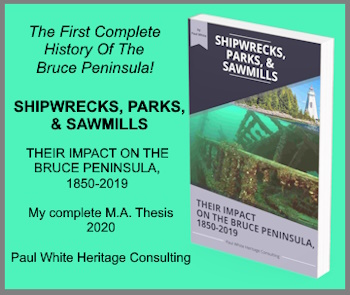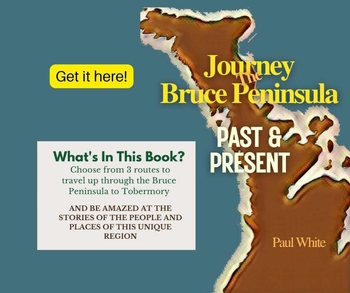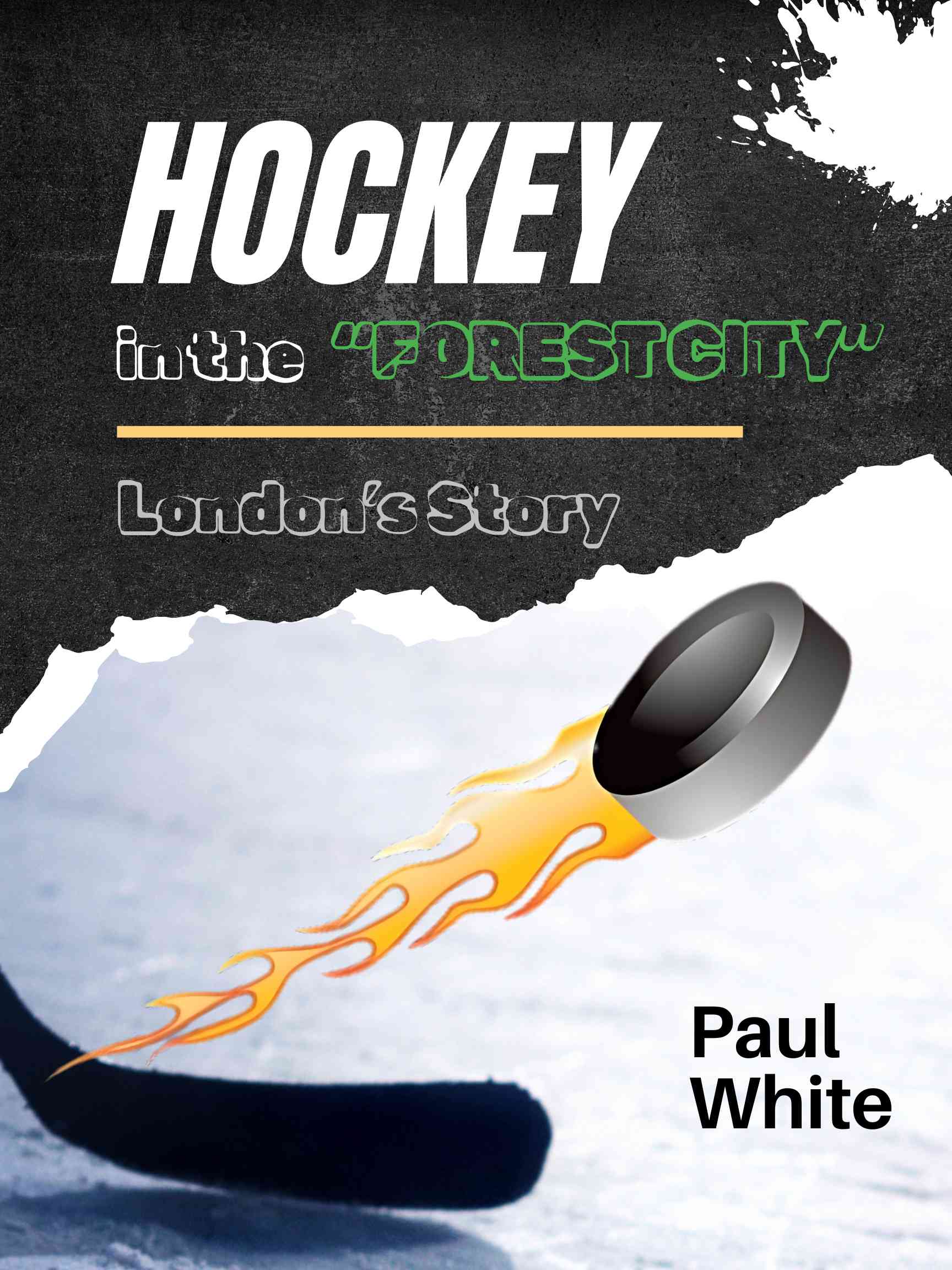Early Bruce Peninsula Municipal Politics
Municipal politics on the Bruce Peninsula became a matter of debate almost as soon as communities were created.
"You can't do that to MY neighbourhood!" is a popular refrain heard these days in this region. Whether it’s the location of a landfill site, the relocation of a commercial establishment, or something as simple as creating parking spaces, everyone has an opinion about the solution.
The problems associated with human beings living together in communities are as old as time itself. The community of Owen Sound, or Sydenham, was barely two years old when it faced its first controversy concerning commercial and industrial development.
In 1842 a tanner from Montreal by the name of Ezra Brown announced his intention to build a tannery in the settlement. Instead of being delighted at the prospect of an enterprise which would provide both a needed service to the community, as well as add to the economic development of the fledgling village, many in the area were appalled at the thought of such a vile-smelling operation locating in their midst.
After much consideration, and I am sure debate, the leaders of the community told Brown that although his commercial enterprise was a welcome addition to the settlement he could not locate within the boundaries of the community. Instead, he was told to erect his tannery in the forest to the north of the centre of the settlement.
There is some irony in the selection of the desolate location that was forced upon the pioneer entrepreneur. The tannery if it had survived today would be located in the very heart of Owen Sound's commercial district, just north of the corner of 10th Street and 2nd Ave. East!
The problems concerning the establishment of a tannery were not the last to be heard by area community leaders. A perusal of local newspapers from any year in the history of the region will provide the researcher with a wealth of information concerning problems related to community growth and development.
In an 1897 edition, the Wiarton Echo reported on some of the issues facing the leaders of that community. In November of that year a Mrs. GalIoway petitioned the town council. She reasoned that because she lived on the outskirts of the community and did not have access to such benefits as swift fire protection, town water or street lighting she should not have to pay taxes to the community.
This was not the only petition concerning tax reduction at that meeting. Many other citizens from the more recently settled perimeters of Wiarton also made similar presentations.
The pleas fell upon deaf ears as council refused to release her from the obligation of paying $3.57 per year in taxes. They also refused to consider a compromise solution of reducing taxes, nor did they offer to extend services to the new neighbourhoods.
If the decision not to reduce or forgive tax payment to the outlying areas did not rest well with the petitioners, the events of the rest of the meeting must have raised their ire to new levels. At the same meeting council voted to approve the erection of a streetlamp in the downtown core at an annual cost of $45.00 to the taxpayers. Furthermore, it was decided that another constable be hired to patrol the main street because ladies out for an evening stroll were being subjected to verbal insults and men spitting tobacco juice on the street as they passed by. Council also agreed to reduce the taxes on Weavers' Store as the owner argued that they were too high!
There is never a solution in municipal politics that will please everyone. Vested interests. are the fuel that runs political decision-making.
A version of this article first appeared in my Local History column in the Owen Sound Sun Times.





